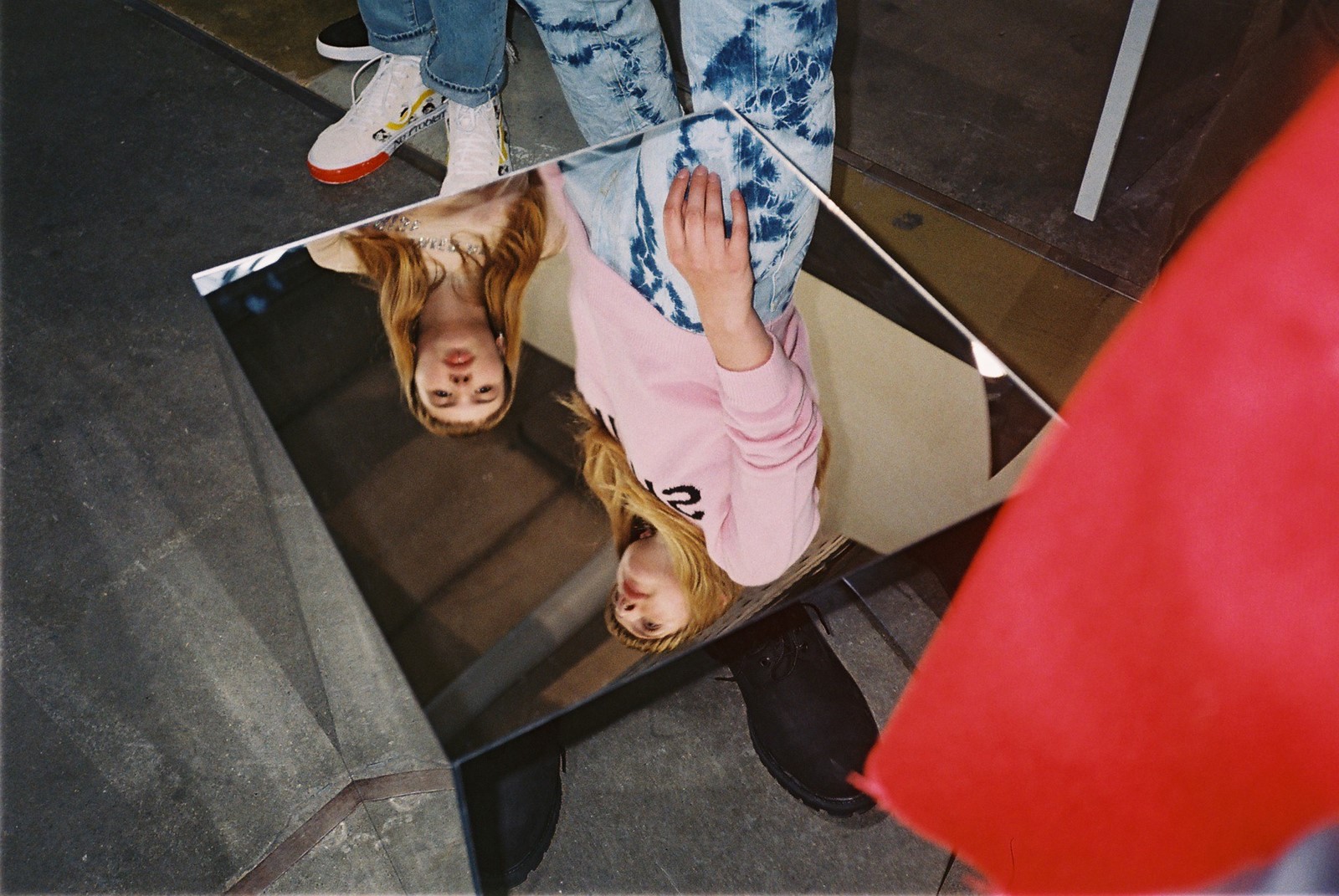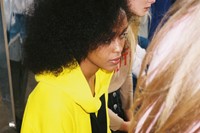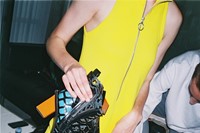There are few people who have had such significant influence on British fashion over the past 15 years as Lulu Kennedy, the woman who set up Fashion East (and later, its dedicated menswear equivalent, MAN), the initiative that has supported young designers from Meadham Kirchhoff and Gareth Pugh to J.W. Anderson and Simone Rocha. Her input has been monumental – not only because she has offered the opportunity for emerging designers to present their collections on the official London Fashion Week schedule without fronting the prohibitive costs of staging a show, but because Fashion East also offers support around the slightly less glamorous infrastructure integral to any brand – think, PR, production, sales, et al. Started by Kennedy in 2000, “because I was friends with designers, and I'd always end up giving them a hand in their shows; I’d been organising raves in Italy so I knew how to bodge something together cheaply”, the collective has since become a staple of British fashion culture – and now, they are taking things international.
Last week, during Copenhagen International Fashion Fair (CIFF), Kennedy flew a handful of designers, both emerging and established, over to Denmark and orchestrated a live presentation of their work within a fair renowned for its large-scale commercial success. “I just thought about who it is that I like,” she explained of her curatorial process, “but also which designers might suit the Scandinavian market.” So, alongside young talent like Richard Malone (who is about to embark on his third season under the Fashion East banner) and Fashion East graduate Marques’Almeida (“an amazing, big smash hit”) was newcomer masterminds Finery, who Kennedy explains “are a phenomena – and it's good to have a commercial success story in the mix. Plus, it's great for all of the designers to sit and meet, and chat to a powerhouse like Caren [Downie]. She's a pro; a proper person, unlike our Mickey Mouse lot!”
As a Londoner, there was something somewhat strange and somewhat brilliant about seeing these people presenting on the international stage for a distinctly commercial market: CIFF is, for all intents and purposes, a giant trade show. “I said to them all, ‘it's great for you to be in a huge area like this; sometimes you're just in a little, high-fashion bubble, which can be quite clique-y, but you need to get out and look at the different areas,’” said Kennedy. “This is the industry. This is actually people selling shit loads of garms – so it’s important to absorb it all, and to get out of your little way of thinking.”
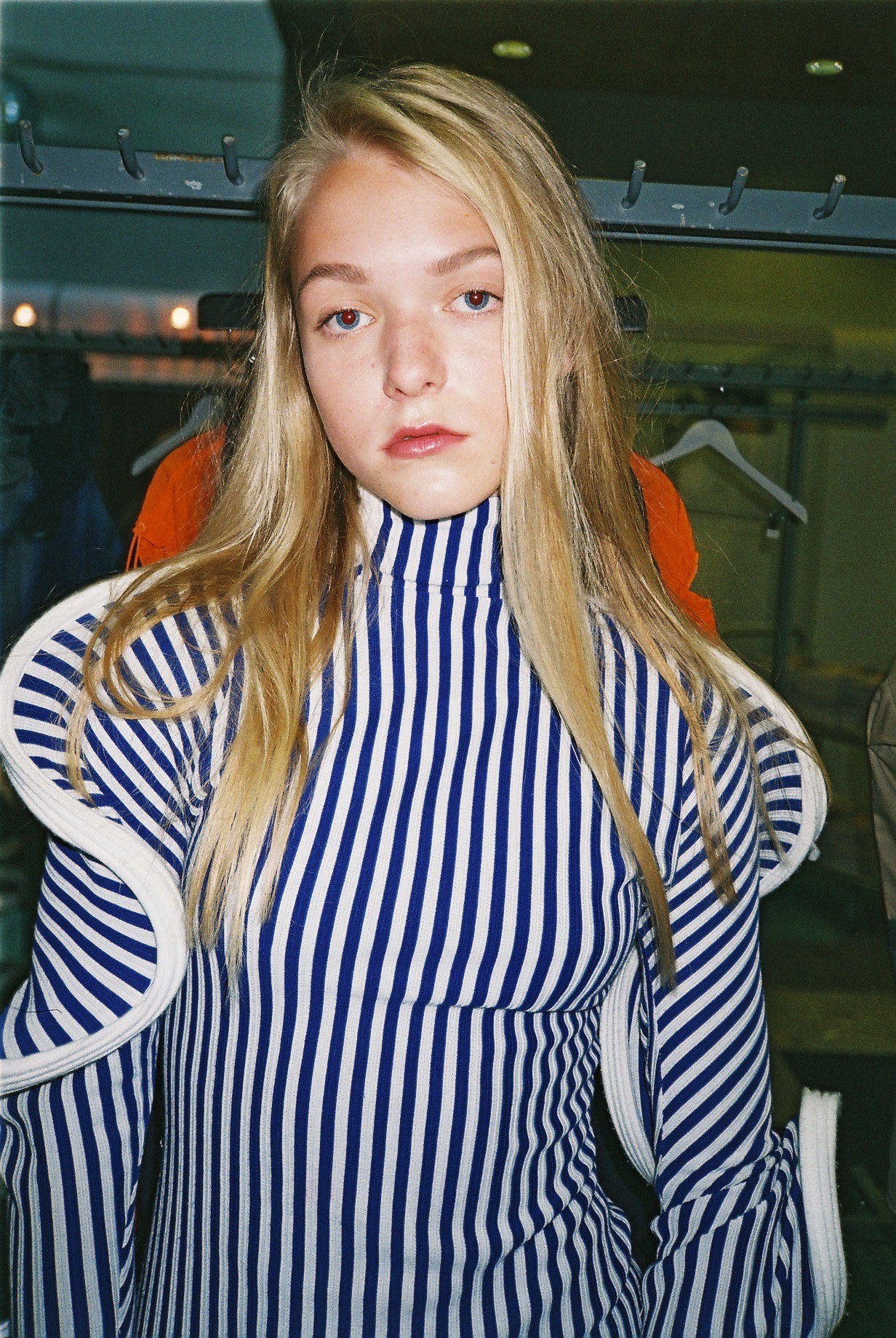
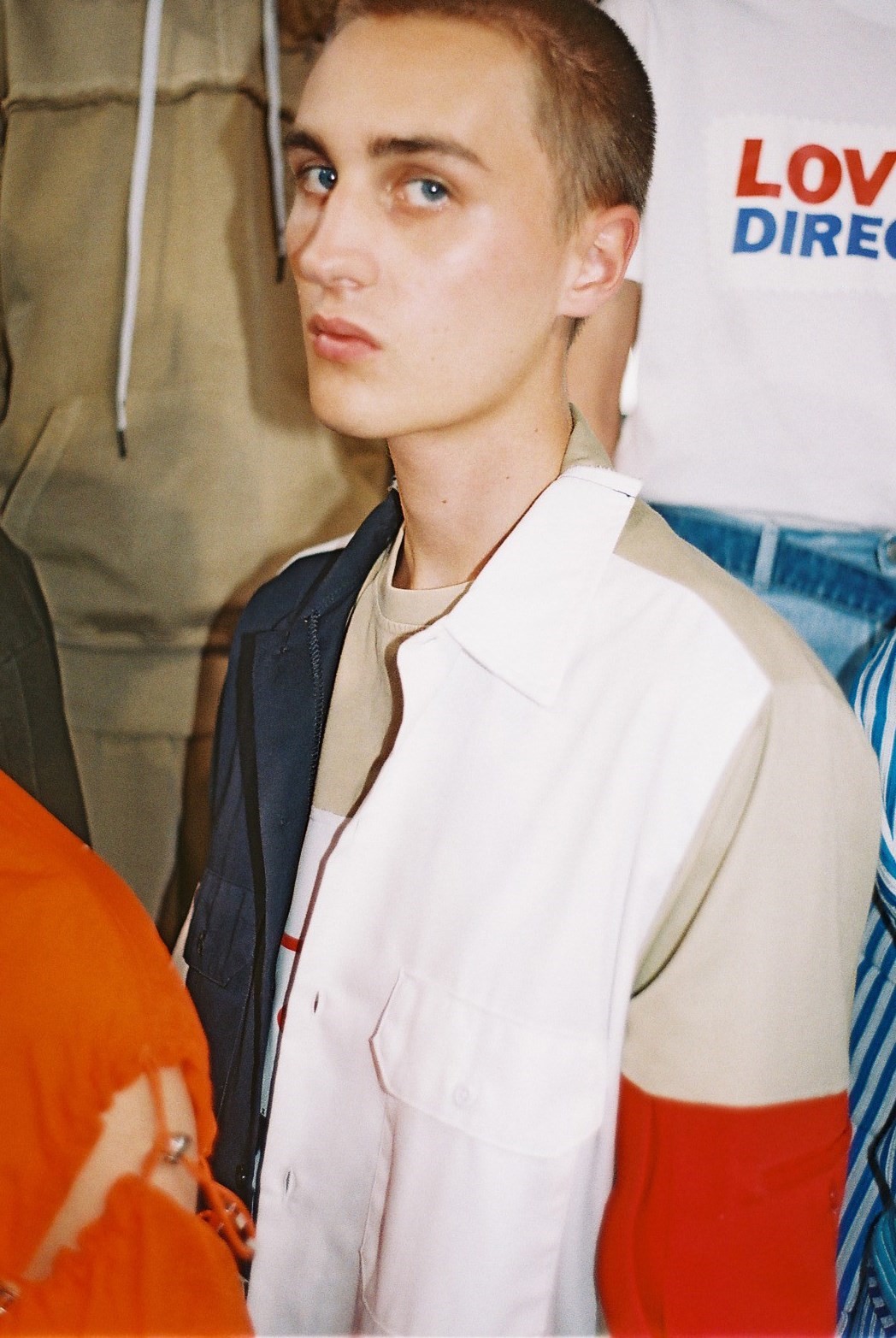
This displacement was a novelty only enhanced by the fact that Madeline Ostlie was responsible for street-casting the models who stood in the presentation (of the 20 people decked out in London designers, 15 were found on the streets of Copenhagen). So, it was a mix of British fashion worn by the blondest Danes and, as Ostlie noted, “it just shows you can do something with a mix of clothes and a mix of kids, and just make it feel very real.” Some of them posed fabulously, some of them stood a little awkwardly, some of them sipped on Aperol Spritzes when nobody was looking – and so that was precisely how it felt: real.
“We wanted to move away from what is perceived to be the classic requirements of a model,” continued Ostlie, “You want to challenge your audience, your customer, the perceived idea of beauty. I always want to celebrate the characters in our world, and the shy kids, because they’re the ones who get bullied at school or nobody fancies but they’re often the ones who are really amazing.” And that’s often the thing that makes emerging British talent just so engaging: the sense that it centres around the misfits, and offers a community which will champion them. What Kennedy’s offering proved was just how globally marketable that particular sensibility is.
